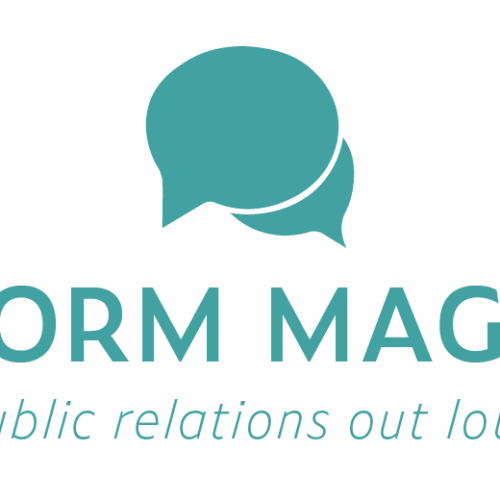Google+: The New Facebook?
By Jaclyn McNeil
If you’re like me, you’ve had your Facebook profile for a while. I created my Facebook profile sophomore year of high school; I have way more friends than is humanly possible to call actual friends. That reminds me: I’ve been meaning to “trim the fat” on my friend list.
Through the years I’ve upped my privacy controls but I still feel as though I have over-shared and overstayed my welcome on Facebook. Then along came Twitter. I was skeptical at first, but the more I used it the less I found myself on Facebook. It may be because I am pickier about whom I follow and who follows me. In a sense, I have under-shared on Twitter. Now Google+ has come along—could it be the perfect marriage between Facebook and Twitter?
Let’s go into what makes Google+ different than Facebook and Twitter. Google+ has created the concept of virtual social circles. When you befriend someone, you place them in the social circle to which they belong. There are circles for friends, family, classmates, co-workers and custom groups. When you create a post, you select which circle of friends you’d like to see it. No more worrying about offending your mom.
The Google+ Hangout creates rooms for your social circles to meet up and video chat. Once the hangout goes live, it will prompt in your friends’ stream. Then your friends can join the hangout until the maximum 10 people have joined.
One of the more interesting features of Google+ is its engine used for finding content that you are interested in called Sparks. Google+ Sparks is a collection of articles, videos, photos and other interests. Your “sparks” will show up in the stream, which is similar to Facebook’s news feed—a flow of information that is shared by your friends.
“Sparks is essentially the stuff that flows to you through the interest graph and the stream is the stuff that flows to you through the social graph,” said Andrew Tomkins, a top search engineer for Google.
If Google uses its expertise in search quality, it will be able to streamline its feeds to be more relevant and interesting to users than the Facebook news feed. If this possibility transpires, then businesses could use Google+ to target users in a more direct manner than Facebook.
But businesses need to hold out before creating a Google+ profile. In a post by Google+, Product Manager Christian Oestlien asks businesses to be patient while the Google+ team creates a unique experience for businesses.
“How users communicate with each other is different from how they communicate with brands, and we want to create an optimal experience for both,” said Oestlien.
The Google+ team plans to run a small experiment with a few marketing partners to see the effect of including brands on Google+.
Can Google capture the social media and business world? It’s not the first time the search giant has given social media a whirl. In 2007, Google spearheaded a project called OpenSocial to create a standard for social networking. The project fell short of goals mainly because Facebook withheld its cooperation.
In 2009, Google released its next attempt at the social world with Buzz, which integrated Facebook and Twitter into Gmail. Buzz created a social network from users’ Gmail contacts, which fueled fears that Google was sharing too much information about its users. This glitch, mixed with a lack of buzz about Buzz, sent Google back to the drawing boards and Facebook reined king.
That brings us to Google’s newest social media venture, and don’t think Facebook is going to take this lying down. Earlier this summer Facebook hired PR firm Burson-Marsteller to run a smear campaign against Google. USA Today reports that Burson-Marsteller, a top-five public relations firm, contacted a variety of media outlets to run stories and editorials about how the Google Gmail feature Social Circle tramples the privacy of millions of Americans and violates federal fair trade rules.
Chris Gaither, Google’s senior manager of global communications and public affairs, deflected the PR firm’s attack of Gmail privacy.
“We have seen this e-mail reportedly sent by a representative of the PR firm Burson-Marsteller. We’re not going to comment further. Our focus is on delighting people with great products,” said Gaither.
I have a sneaking suspicion that it is no coincidence Facebook’s smear campaign against Google took place just two months before the release of Google+. I think the battle between the two will continue to get ugly.
Only time will tell if Google+ can successfully combine the features of Facebook and Twitter. If it can do both and create a solid platform for businesses, Google+ may rein king.
Opinions
Comments are closed.





Post comment
Thanks for the great information, I can’t wait to join now!
Permalink